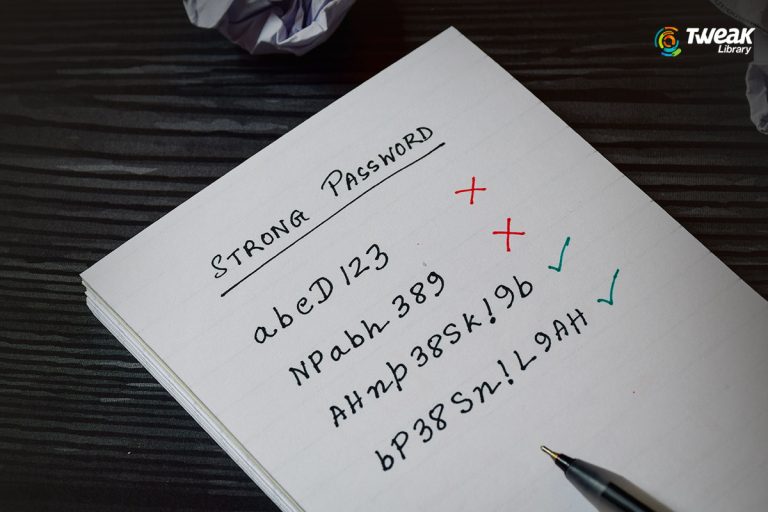With the increase of malware and other infections in the world, one has to be very careful while using a computer. Using the internet has become one of the most essential parts of computer usage. Therefore, online security should be one of the major concerns of a computer user. As these infections can not only hamper computer performance, but also damage to your data and more. So, you need to take care of a few things to avoid the trouble.
In this post, we have listed essential tips to avoid computer viruses. Read on!
Install Protection Software & Keep It Up To Date
Getting an antivirus or anti-malware software helps you to provide an extra protection layer to your computer. So, make sure you have security tool on your PC to begin to avoid viruses and other infections. Installing a protection tool is not enough, you need to take care of security updates pending for the same. Always make sure that your Antivirus is up to date, as the update adds virus and malware definitions to protect your computer from upcoming threats.
If you don’t have an antivirus, then you can rely on Microsoft inbuilt antivirus program which when enabled provides you good protection.
Make A Habit To Run Scheduled Scans
Installing and Maintaining protection tool is one thing. Using it regularly is another. If you can’t do it manually, set a scheduled scan at a time when your computer is not used, probably at night. So, if you set a scan for the night, then don’t shut down your computer on the day of the scan. You can also customize the system to shut down or hibernate once the scan is completed.
Make Sure Your Operating System is Up To Date
Keeping operating system up to date is mandatory irrespective of the platform you are working on. As operating system developers constantly work on providing security patches that fix the bugs and security loopholes. These patches make sure that your system stays secure and protected. So, keep your OS and antivirus up to date to ensure you are under protection.
Keep Your Network Safe
Usually, computers are connected to our files, printers, Internet through a WiFi connection. You need to create a password which is strong and unique. You need to keep a few things in mind such as:
- Always use WPA or WPA2 encryption.
- It is advised not to publicize open WiFi connections.
- It is always recommended to not publicize your SSID (name of WiFi network). You can access your network via a device, you need to manually type in SSID and password.
Read Also : 27 Interesting Facts about Computer Virus
Don’t Click Any Link
Don’t go the websites that seems fishy or contains pirated content. It is advised to never open an email attachment from an unknown recipient. Never click on a link of unwanted emails. It is recommended to move your mouse over the link to check where you will be redirected. Moreover, always scan a file downloaded from the Internet, FTP, email, before running the file. Most of the security software do it on their own, make sure it is done.
Secure Your Personal Information
Keeping your personal information under the wraps is one of the most difficult tasks in the world of internet, given the social media hype. Moreover, there are hackers who prowl and wait for a single mistake to victimize. It is quite easy for them to access online accounts and steal more information. Step by step they gather information from different accounts until they have sufficient information to access banking data, steal other identities. It is recommended to keep your information safe by customizing the privacy settings. Also, never use your real name on discussion boards.
Say No To Free WiFi
It is recommended to not use WiFi at a coffee shop, library and other public places which are free. As there is risk involved in using it. If you can access it, imagine what hackers can do with it.
Always Back Up Files
You should always back up all your files. It is recommended to store them on an external storage device so that at the time of the attack, you will not lose your data. You can also use an online cloud storage to store the data as it will increase the accessibility of your data.
Strong Passwords
Using a similar or same password for your banking account or other sensitive information is not the correct move. As using the same password will increase the probability of getting easily victimized. Once a password is cracked, all your accounts are vulnerable and will be hacked. It is recommended to use a strong password. A combination of upper case, lower case, symbols, and numbers. Never use pet names or date of birth as a password.
Must Read: Top 10 Malware Myths and Facts
So, these are ways to prevent and avoid virus and other infections from infecting your computer. Try them and let us know in the comments below if it worked for you.






Leave a Reply